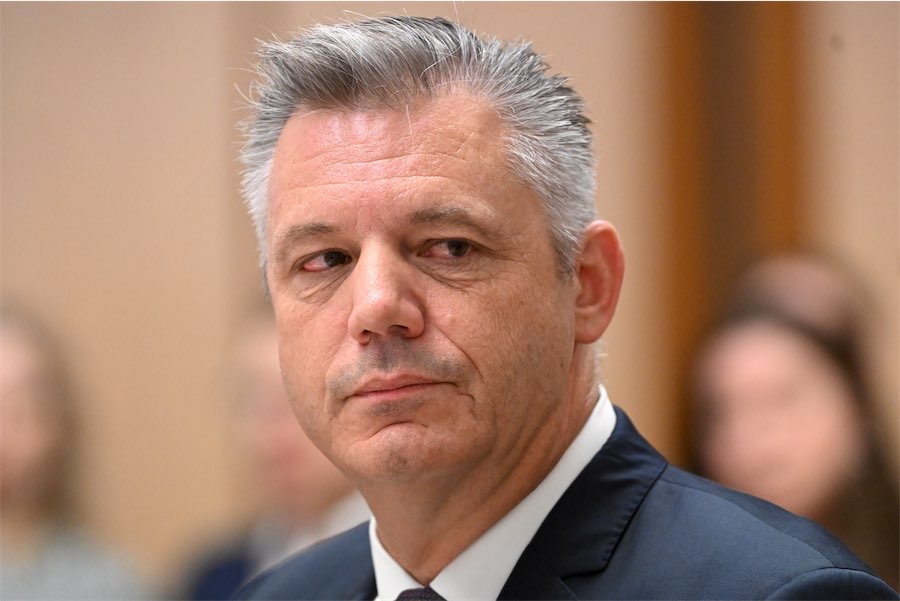
It is exhilarating and frustrating at the same time. The atmosphere is exciting yet claustrophobic – and all of London seems to be abuzz with Olympic spirit.
The competition among the journalists is just as fierce as in the arena. We’re neither as fit, nor as young as the athletes, but the events demand the world’s media to concentrate on and capture every moment of this highest stage of human endeavour.
It’s exhausting, but I only have to look at the physical input of the rowers here at Eton Dorney to see where real physical effort is being exerted.
WHEN Britain finally won gold, after a five-day wait, with rowers Helen Glover and Heather Stanning in the women’s pair, the British media went into a frenzy and the mood over London changed up a notch or two in a heartbeat. The media love these moments.
AT home, you now have the option to tune into the Olympics in many different ways and, for the first time, the impact of social media – in particular, Twitter – is really being felt.
It is so immediate it has changed the way the media operates. There is no holding on to stories because you are not sure when or how they will break.
Television and radio delay events at their peril and journalists find themselves unsure on where a story might emerge.
This new generation of athletes use social media to express how they really feel away from the “straight jacket” atmosphere of news conferences.
It has also led to athletes themselves finding it hard to manage how they use Twitter and Facebook.
Some have found, to their detriment, that it can lead to fatigue; others become despondent after reading tweets from people they don’t even know with comments that can be quite deflating and personal. There is also the issue of athletes reading tweets which are praiseworthy which can lead to them believing in their own publicity.
And, of course, some athletes have fallen into the trap of expressing their feelings without thinking it through or having somebody to talk them through it.
Facing the camera immediately after a race is difficult enough for many young athletes, but the full-time access and attention via social media adds another layer of scrutiny and requires a mature head.
These Olympics have been a lesson for us all and while they are elating, exhausting, they always reveal something about the human spirit from the most unexpected corners.
MEANWHILE, back home all of Canberra should be rejoicing with the signing of David Pocock. This has to be acknowledged as one of the most significant signing in the Brumbies’ most recent history. He brings class and leadership to the Brumbies’ camp, on and off the field.
His signing is just as important as the recruitment of Ewen McKenzie and the like in the early days of the team. Bring on season 2013!
Who can be trusted?
In a world of spin and confusion, there’s never been a more important time to support independent journalism in Canberra.
If you trust our work online and want to enforce the power of independent voices, I invite you to make a small contribution.
Every dollar of support is invested back into our journalism to help keep citynews.com.au strong and free.
Thank you,
Ian Meikle, editor




Leave a Reply